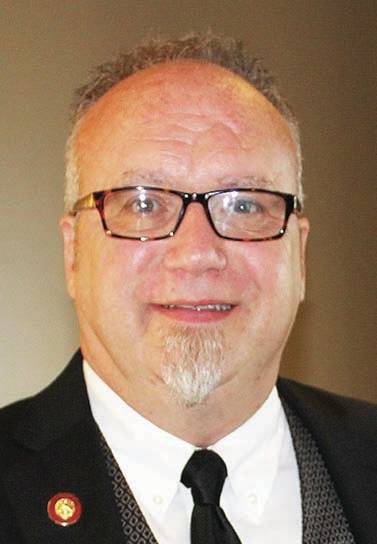Thoughts about our churches and our clergy
Published 10:59 am Sunday, November 5, 2017
There are lots of designated days for observances, celebrations, and special events every month, every year. Americans like to celebrate, to encourage others to do the same, and to recognize the importance of historical events for their families and their country.
A recent internet review of such occasions and informational programs listed as many as twelve hundred each year!
October had its share. Of the month-long recognitions, Church Library Month and Clergy Appreciation Month offer an opportunity for all of us to take another look at our communities and the churches within them.
The church library, whether large or small, can provide great learning experiences for all ages. Not all churches will have an elaborate setup, but there should be space in the church building for library resources for the children, youth, and adults. That would include church literature for the leaders of the congregation and the teachers of all age parishioners. Books about the church, its place in the growth and development of the area, also have a place there.
If your church is part of a larger body, it is important to have historical references to that organization and its role in the development of American life. Locally, members of the congregation can then relate their own group to the larger body and better understand the importance of the history of churches in the history of our country.
Clergy often provide leadership in improving the local church’s library. Through their education, experiences, and expertise, they can lead the congregation leaders in focusing on the church library as a resource for all.
And, October as Clergy Appreciation Month, offers a ready-made time for all churches to uplift and encourage the women and men who serve religious communities. Individuals and families can support the effort through their showing of appreciation to the pastor, youth minister, missionaries, and other religious leaders who are important in their lives.
It was only twenty-five years that this observance was introduced at the national level. It continues to grow as an important element of life in all communities, large and small. Many people in the Tri-State area, joining fellow citizens across the nation, want their children nourished in the church.
They see the institutional church as a guardian of society’s values. Its history and traditions offer a new generation the teachings that were important to grandparents, parents, and others in simpler times and sometimes the monumental challenges of war, natural disasters, and the great depression.
William H. Baker, native of Claiborne County and former resident of Middlesboro, may be contacted at wbaker@limestone.edu




